JCAP

Converging to dialogue on sustainability of life
This August will see an estimated 100 Jesuits, collaborators and friends converging in Indonesia to reflect, discuss and explore actions on sustainability of life in...read more
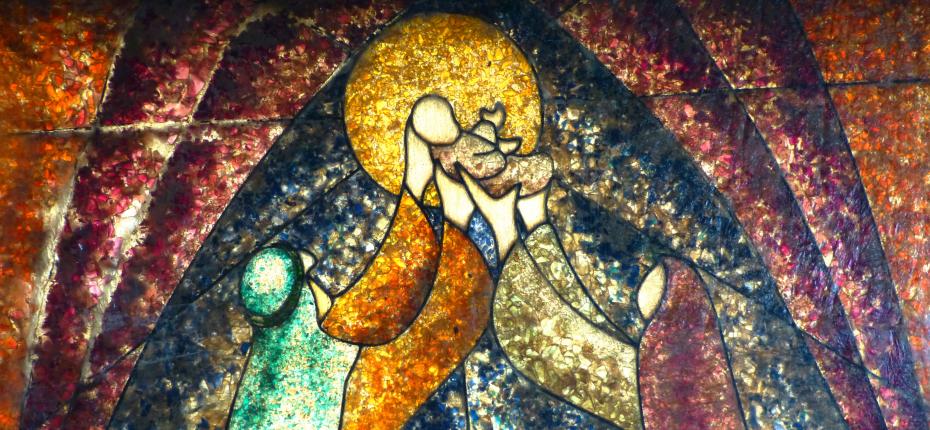
Collaborating to answer the call of the Eternal King
Advent and the approach of Christmas bring a message of hope. As the sun will surely rise, so will the Son of Justice. The downtrodden...read more
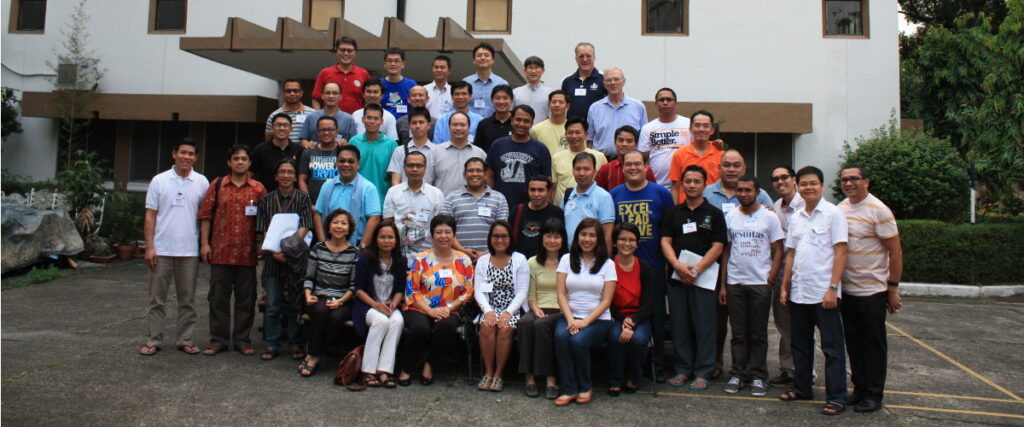
Forming Ignatian leaders for Asia Pacific
Are leaders born or made? This question has long been debated by experts around the world. Some claim that there are people naturally cut out...read more
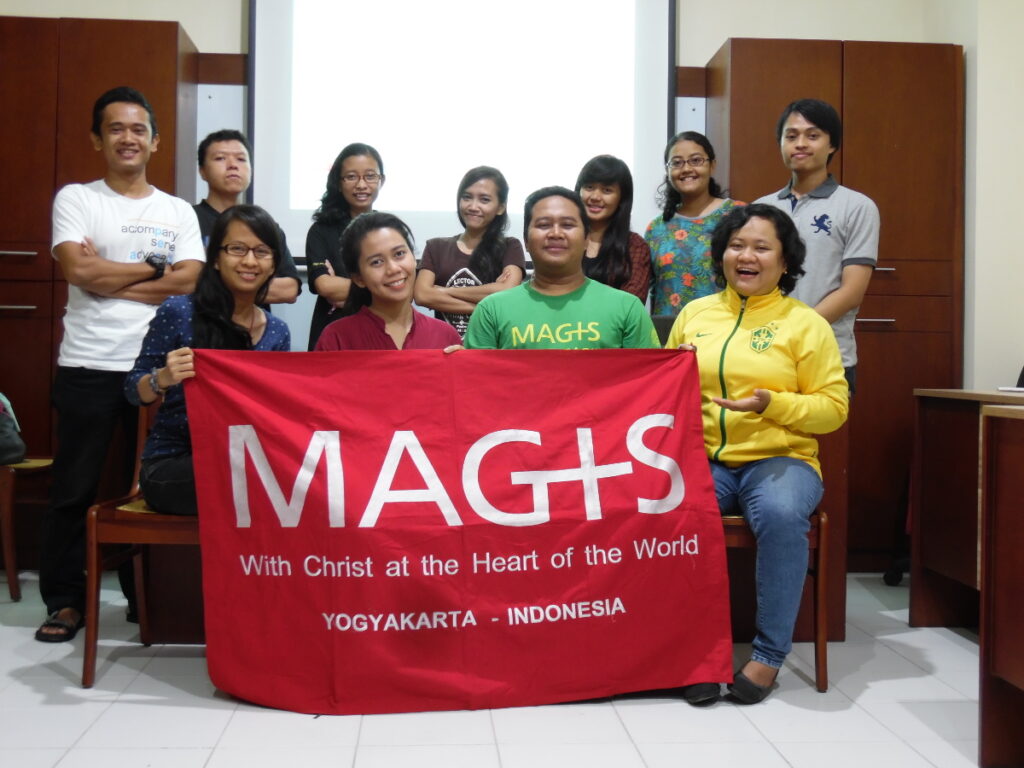
Gearing up for Magis Asia Pacific
The first Magis event for the Jesuit Conference of Asia Pacific begins in a month. On Boxing Day, youth from seven provinces and regions in...read more
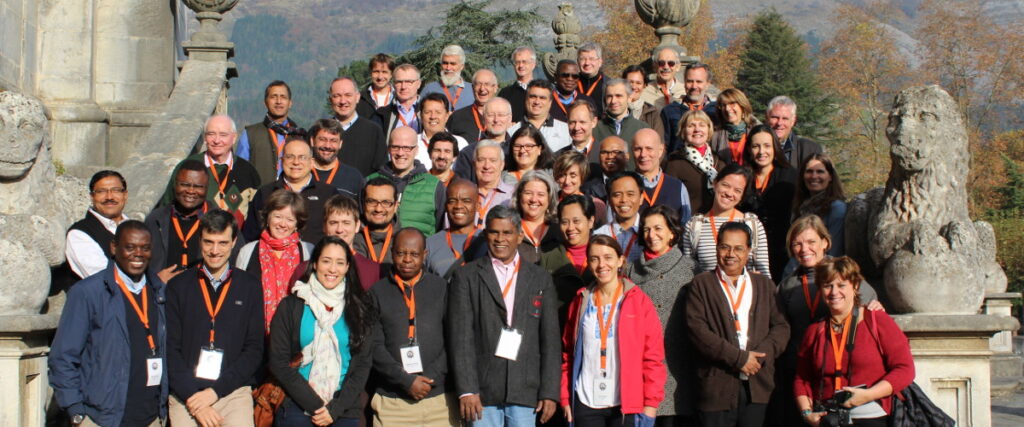
Learning from the Experiment
Fr Benny Juliawan SJ, Social Apostolate Coordinator of the Jesuit Conference of Asia Pacific, shares a reflection on the recent Networking for Justice meeting in...read more
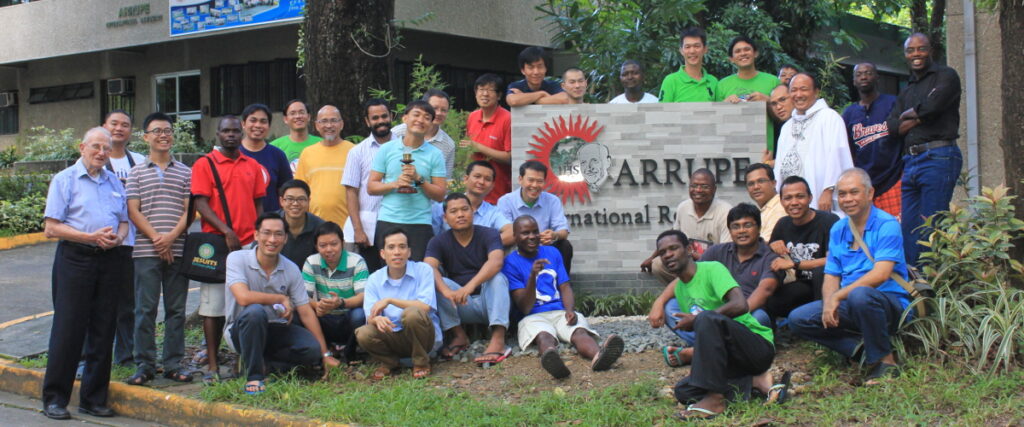
Celebrating 25 years as an international house of formation
This year marks the 25th year of the establishment of Arrupe International Residence (AIR) as a formation house in Manila for Jesuit scholastics across Asia...read more
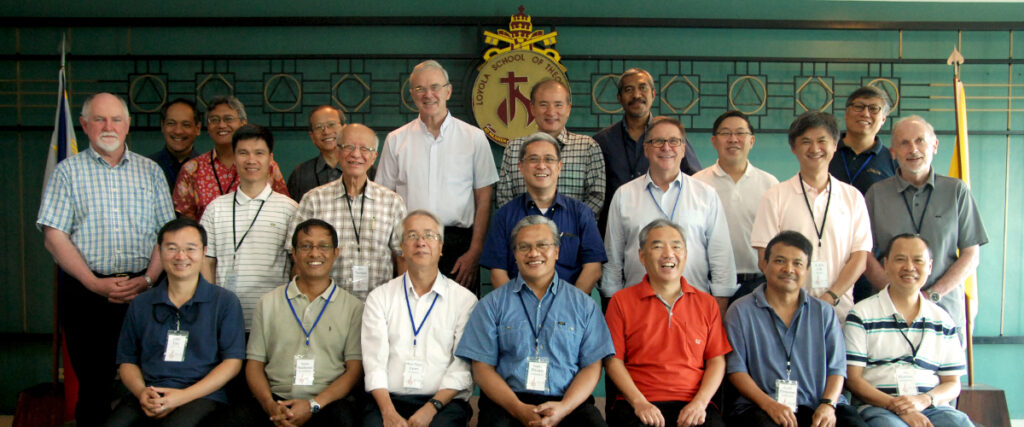
General Congregation 36 begins
A Jesuit General Congregation is a rare event. This month, the 36th General Congregation to be held since the Society of Jesus was founded 475...read more
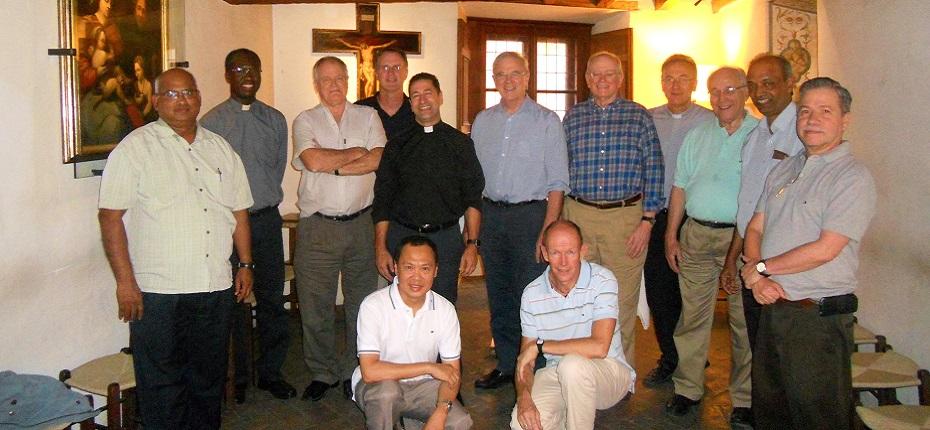
What can we expect of GC 36?
With General Congregation 36 commencing this month with meetings of Electors in their six respective Conferences, there is much curiosity about what a new Superior...read more
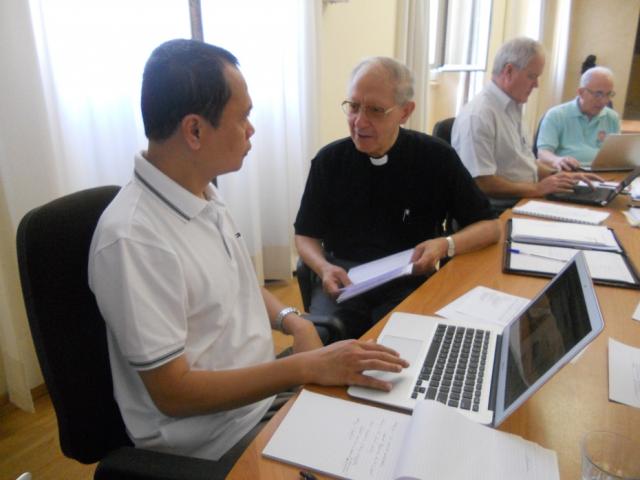
Recalibrating our response to the call of the Eternal King
Recently I was called to Rome for two meetings, the first was a two-week meeting of the Coetus Praevius (Preparatory Committee) for General Congregation 36,...read more
